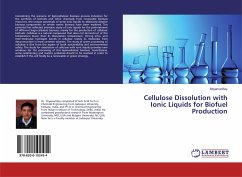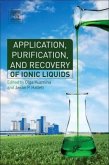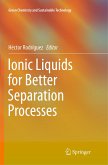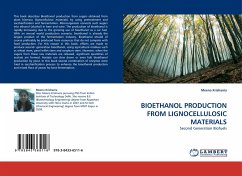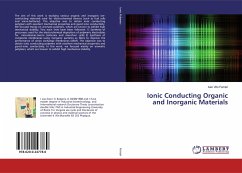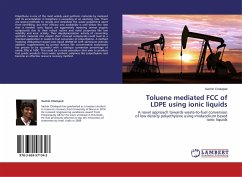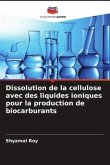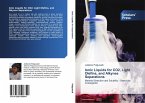Considering the scenario of lignocellulosic biomass process industries for the synthesis of biofuels and other chemicals from renewable biomass resources, the unique potentials of some ionic liquids to selectively dissolve biomass components or whole native biomass have been explored. This potential has reflected extensive study of ionic liquids for the pretreatment of different lingo-cellulosic biomass, mainly for the production of cellulosic biofuels. Cellulose is a natural compound that does not deconstruct at the temperature lower than its dissociation temperature. Strong intra- and inter-molecular hydrogen bonds in cellulose resisits its molecules from deconstruction in most common solvents. The study of green processing of cellulose is dire from the aspect of both sustainability and environmental safety. The study for dissolution of cellulose with ionic liquids provides new windows for the processing of this lignocellulosic biomass, nevertheless, some rudimentary and realistic problems should to be resolved in order to establish if this will finally be a renewable or green strategy.

